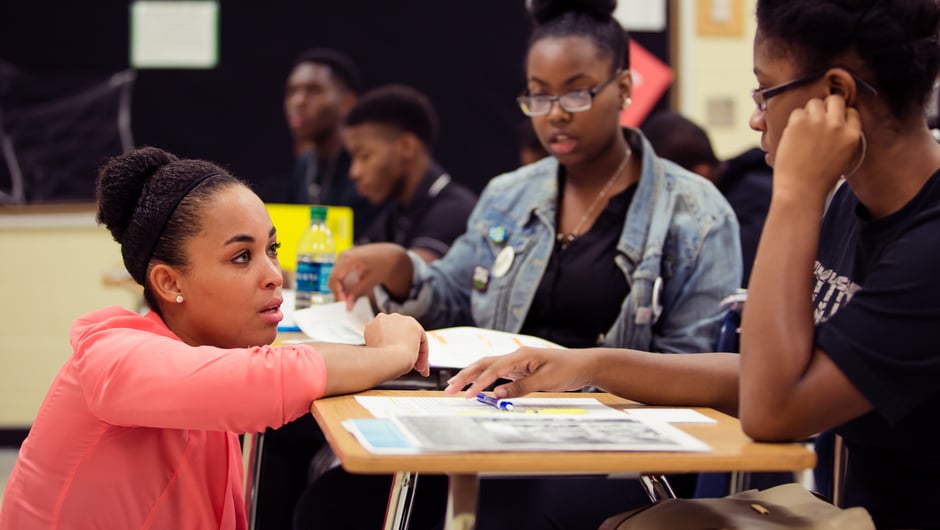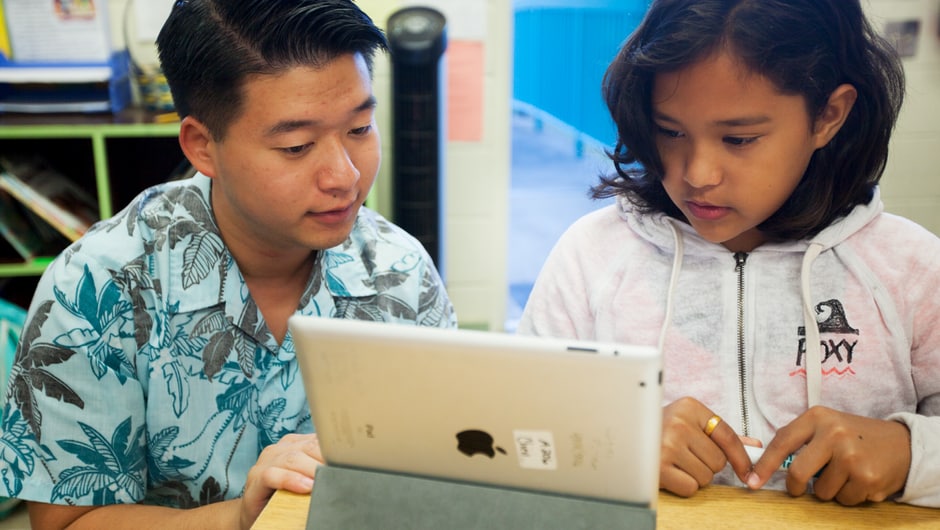Social Innovation Award Finalist Bridges Gaps Between Families From Diverse Backgrounds
We are very proud in the D.C. Region that one of our alumni, Laura Wilson Phelan (Bay Area ’96), is a finalist for this year’s Social Innovation Award.
Teach For America's annual Social Innovation Award competition is designed to spark bold and innovative solutions that expand opportunities for students in underserved communities.
As a finalist, Laura will be able to compete for seed funding and professional coaching designed to maximize the impact of her venture, Kindred, an organization that helps facilitate trusting relationships between families of diverse socioeconomic and racial backgrounds. Laura recently did a short Q&A with One Day Magazine about Kindred.

What problem are you trying to solve?
A reality across our country is what I’m calling the parent gap, the difference in social capital. In general, families from middle- and upper-class backgrounds have a social capital that allows them to get more from the education system. Lower-income families may get less attention from teachers than if they were at a school where the majority of the population was from a lower-income background.
What’s your big idea?
Kindred builds relationships between families of diverse backgrounds who don't interact because fear, shame, and guilt gets in their way. We form groups of people who bring different kinds of social capital. Lower-income family social capital tends to be kinship-based, and upper- and middle-income family social capital usually extends into professional classes. Blending those, especially in gentrified cities, is phenomenal. Parents go through a 12-week Dialogue-to-Action course, and in the end, they take an action or are in the process of taking an action.
Your advice to other innovators?
Our theory of change is so multidimensional. I found it extraordinarily complex to talk about and explain. Spend a lot of time thinking through how to simplify the problem without losing all the nuance.
Sign up to receive articles like this in your inbox!
Thanks for signing up!
Content is loading...








